Society news briefs: November 2021

Give the gift of ASBMB membership
Give a colleague, student or friend a full year of exceptional resources and enriching experiences. Here's how.

New content available for members only
Visit the American Society for Biochemistry and Molecular Biology’s collection of on-demand webinars. Learn about recent scientific discoveries, navigating life as a postdoc, applying for SBIR grants, ensuring that your data are solid and secure, and more.
Annual meeting abstracts due Nov. 30
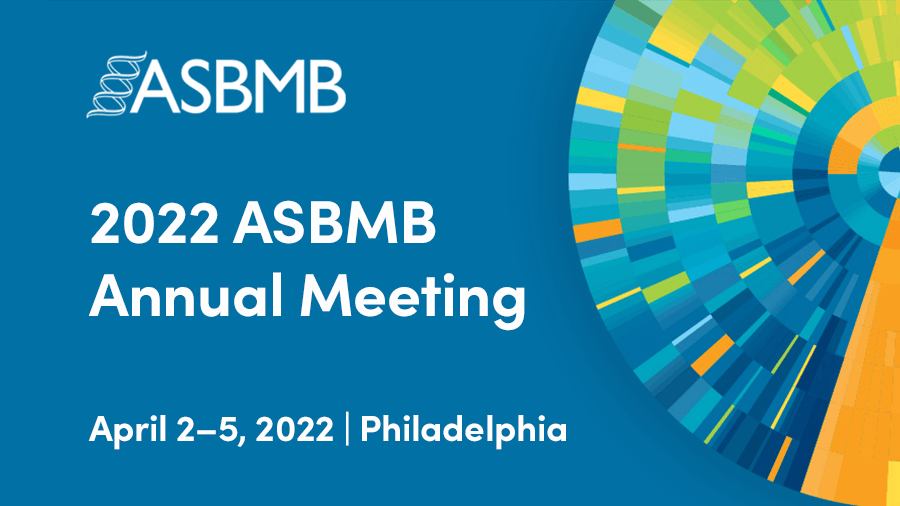
The No.1 reason people attend the ASBMB annual meeting is to present their work, so the society pulls out all the stops to make that possible for as many people as possible.
- Share your results on your own terms: When you submit an abstract, you can tell us if you want to give a talk or poster-only presentation.
- Eliminating barriers: ASBMB members save nearly 50% on registration. Plus, the society gives more than $270,000 in travel grants.
Visit this page for more information.
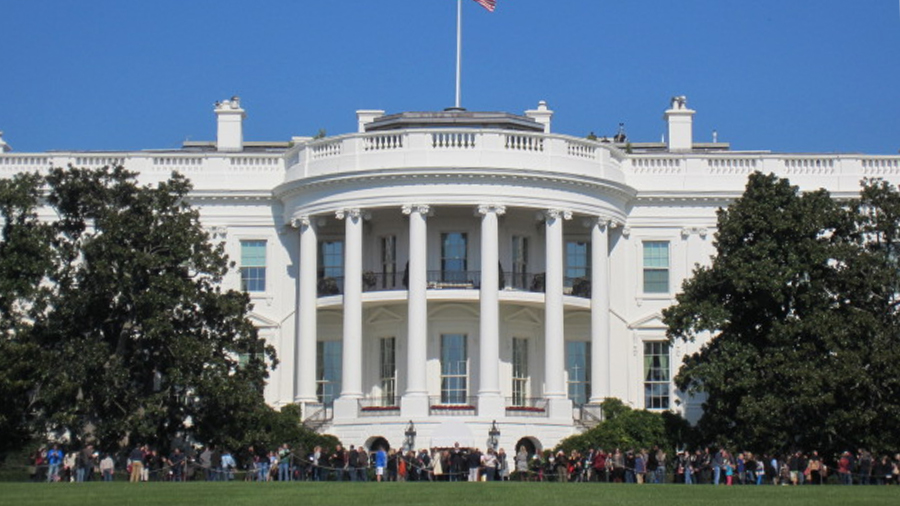
Public affairs update
In August, the White House Office of Science and Technology Policy published a blog on their plans to develop implementation guidance for federal agencies on policies for research security and researcher responsibility. The ASBMB submitted policy recommendations urging harmonization of conflict-of-interest and conflict-of-commitment policies, transparency on violations of research integrity, and ensuring that research violation investigations do not fuel racial profiling of any group. Read the letter here.
JLR virtual issue: Focus on China
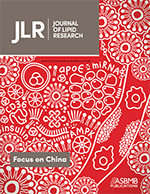
Scientific researchers in China have helped define and direct numerous research fields in recent years, and lipid science is no exception. In August, co-editors Nicholas Davidson and Kerry-Anne Rye collected a snapshot of Journal of Lipid Research papers from Chinese authors in this virtual issue.
See the collection.
Browse all previous virtual issues and thematic reviews.
JBC 100+ years

For more than 100 years, the Journal of Biological Chemistry has brought significant, enduring research and scientific discovery to the field via papers that contribute new and important mechanistic insights and/or novel methodologies that span the spectrum of biological chemistry.
We are delighted to share a collection of significant research published in JBC during the past century and beyond. See the collection.
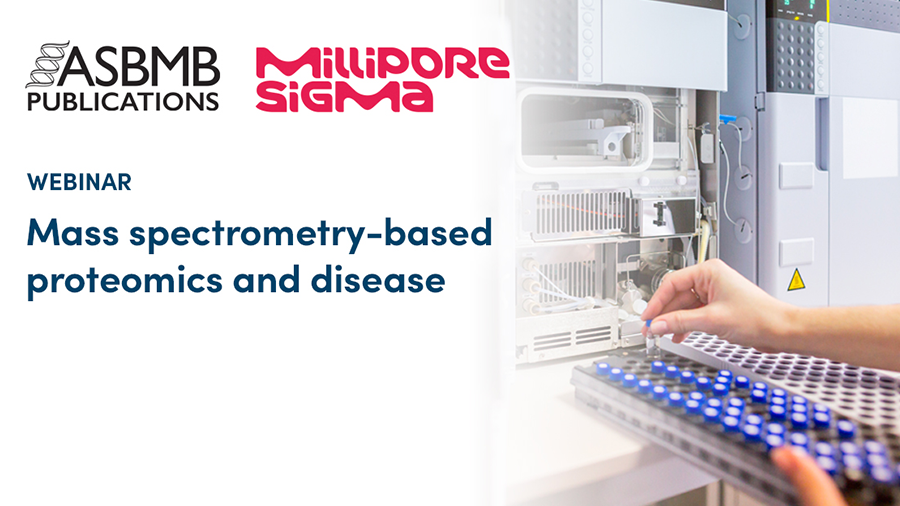
Mass spectrometry–based proteomics and disease
In the first installment of the ASBMB Publications Technique Talks webinar series, our speakers delved into different mass spectrometry approaches with a focus on proteomics and disease.
- Benjamin Garcia of Washington University School of Medicine in St. Louis discussed developing novel mass spectrometry–based approaches for proteomics and understanding of histone post-translational modifications in disease.
- Matthias Mann of the Max Planck Institute of Biochemistry delved into several applications of mass spectrometric methods when studying signal transduction, biomarkers, metabolic diseases and more applications.
- Michael Snyder of Stanford University School of Medicine explained how his was the first lab to perform large-scale functional genomics and since has developed many proteomics techniques involving mass spectrometry.
Student Chapter applications and renewals due Nov. 30
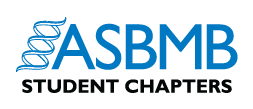
Join a national community of undergraduate students and faculty members promoting BMB research, education and outreach. Chapter students are eligible for a number of benefits, including travel awards to support attendance at the ASBMB annual meeting, summer research funding and selection for the ASBMB Honor Society, ΧΩΛ. Chapters also can apply for funding to organize regional meetings or support outreach initiatives. Renewals and applications for new chapters are due Nov. 30 to be eligible for Student Chapter travel awards to attend the 2022 ASBMB annual meeting. Learn more about this and other Student Chapter benefits.
Diversity, equity and inclusion updates
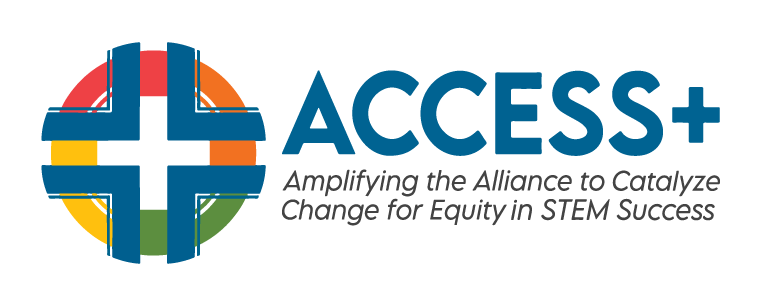
The ASBMB is part of the inaugural cohort of the National Science Foundation–funded ACCESS+ initiative. (ACCESS+ is short for Amplifying the Alliance to Catalyze Change for Equity in STEM Success.) The society will collaborate with experts from scientific professional societies and other organizations recognized for national STEM diversity, equity and inclusion leadership to evaluate strategically the current state of DEI in the society. Representatives from the ASBMB, along with other scientific societies, attended a September ACCESS+ event at which results from an equity environmental scanning tool were discussed, DEI strategies were shared, immediate action steps were created and a community of practice was launched. Learn more about the vision of ACCESS+.
New marketing manager

The ASBMB marketing department welcomed Sarah Ornstein to the team in early October. Ornstein has an extensive background in digital marketing and scientific associations. She previously worked at the American Association for the Advancement of Science. You can reach her at sornstein@asbmb.org.
Data integrity leader exits

Chad McCormick, the ASBMB’s data integrity manager, has taken a new position with the federal government. McCormick will be a scientist-investigator for the Office of Research Integrity at the U.S. Department of Health and Human Services. We wish him the best of luck in his new position.
Enjoy reading ASBMB Today?
Become a member to receive the print edition four times a year and the digital edition monthly.
Learn moreGet the latest from ASBMB Today
Enter your email address, and we’ll send you a weekly email with recent articles, interviews and more.
Latest in People
People highlights or most popular articles

Building a career in nutrition across continents
Driven by past women in science, Kazi Sarjana Safain left Bangladesh and pursued a scientific career in the U.S.

Kiessling wins glycobiology award
She was honored by the Society for Glycobiology for her work on protein–glycan interactions.

2026 ASBMB election results
Meet the new Council members and Nominating Committee member.

Simcox wins SACNAS mentorship award
She was recognized for her sustained excellence in mentorship and was honored at SACNAS’ 2025 National Conference.

From humble beginnings to unlocking lysosomal secrets
Monther Abu–Remaileh will receive the ASBMB’s 2026 Walter A. Shaw Young Investigator Award in Lipid Research at the ASBMB Annual Meeting, March 7-10 in Washington, D.C.

Chemistry meets biology to thwart parasites
Margaret Phillips will receive the Alice and C. C. Wang Award in Molecular Parasitology at the ASBMB Annual Meeting, March 7-10 in Washington, D.C.
